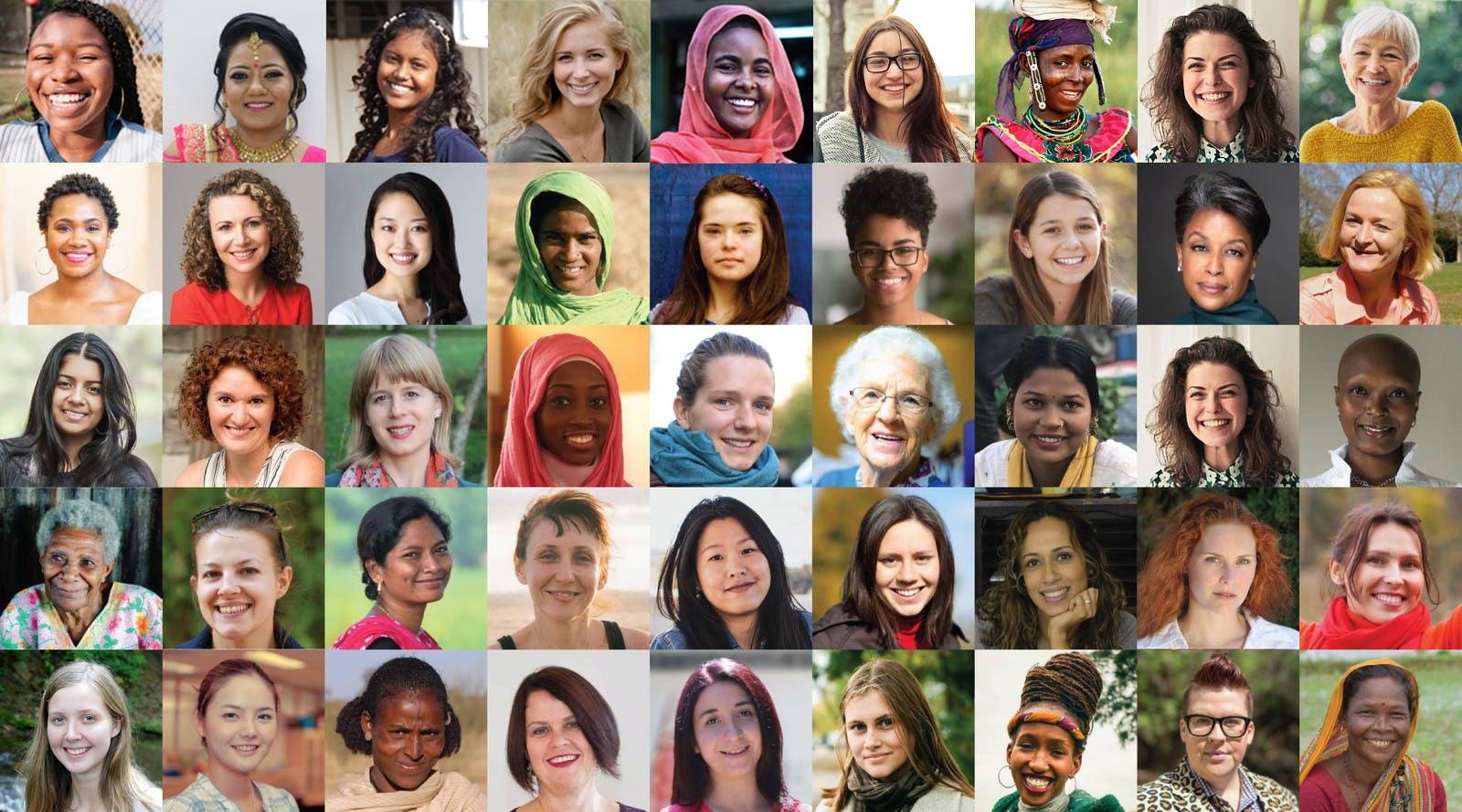Protecting South Asia's Vulnerable Rivers by Catalyzing Local Women’s Leadership
| Category | Protect |
South Asia's rivers are not just lifelines; they are the cradles of diverse cultures and home to rich biodiversity. However, these vital waterways are facing a grave threat. Hydropower development, pushed in the name of renewable energy goals, is wreaking havoc on these fragile ecosystems, with plans for large dams that could have catastrophic impacts.
Moreover, challenges like inland water navigation, interlinking of rivers, and heavy pollution further exacerbate the dire situation. South Asia's rivers urgently need stronger protections.

Panel at the 2019 Women and Rivers Congress in Nepal. Photo credit: Courtesy of International Rivers
Women at the forefront of river conservation
In river-dwelling communities across South Asia, women often bear the responsibility of water usage and traditionally hold the role of river stewards. Paradoxically, they are marginalized when it comes to decision-making about how these rivers are managed and developed.
International Rivers, a renowned organization working in this region for over a decade, recognizes the critical role of women in river protection and is determined to change the status quo.
Partnering with the Women's Earth Alliance (WEA), they have launched the Women and Rivers Accelerator to address gender equity and empower local women to conserve the rivers of India, Nepal, and Bangladesh.
Giving tools to safeguard the environment
The South Asia Accelerator is a groundbreaking program that catalyzes change, providing participants with sustained support, coaching, and mentorship. By nurturing their skills and connecting them to a vast global network of environmental leaders, the accelerator enhances local women's capacity to carry out initiatives that contribute to their rivers' continued protection and restoration.
Partnering with WEA, International Rivers has harnessed its expertise in dam-fighting, energy and water policy, climate change, international financial institutions, and permanent river protections. This collaboration strengthens the program's impact, bridging the gap between women's rights and environmental advocacy.
%2C%20DRC%20speaks%20at%20the%202019%20Women%20and%20Rivers%20Congress%20(1).jpg)
Youth leader at Action Femme Et Eco-Justice (AFECOJU), DRC speaks at the 2019 Women and Rivers Congress. Photo credit: Courtesy of International Rivers
A journey of learning and connecting
Spanning two months and comprising five modules, the accelerator offers a comprehensive learning experience for participants. The program combines facilitated online skill-building, knowledge exchange, and mentorship with an action-oriented focus tailored to the participants' work.
It features weekly group video calls, mentor check-ins, and valuable program content delivered by experts on various topics, including project impact documentation, gender analysis tools, effective communication strategies, fundraising, coalition-building, environmental technologies, leadership development, and resiliency practices.
One of the program's highlights is the Virtual "Collaboratory," a skill and knowledge-sharing conference that brings together participants from diverse backgrounds. This collaborative platform fosters innovation, cross-pollination of ideas, and the exchange of experiences, creating a rich tapestry of learning and growth.

African Participants of the 2019 Women and Rivers Congress in Nepal. Photo credit: Courtesy of International Rivers
From empowerment to leadership
The impact of the South Asia Accelerator extends far beyond the program itself. Through the alumni network, the project leverages the knowledge and experience gained by participants to multiply its impact.
Graduates of the program become trainers and leaders, sharing their expertise and driving change in their communities. This project lays the foundation for scaling the pilot to include accelerators in other regions where International Rivers operates, amplifying its impact and bringing about a global movement for river protection.
Rooted in local knowledge
Indigenous and local communities have ancient wisdom about river protection and sustainable forest use. Recognizing their custodial role, International Rivers champions their inclusion, ensuring their active participation in decision-making.
By integrating the Rights of Rivers strategy, International Rivers acknowledges the importance of legal frameworks in river protection. They have developed a Community Guide to the Rights of Rivers, translated into multiple languages. It serves as a foundation for training participants to advocate for change using existing laws and precedents.

Participant Mayal Lepcha of the Indigenous Lepcha community in Sikkim, India, at Women and Rivers Congress in 2019. Photo credit: Courtesy of International Rivers
Join the movement to defend South Asia's rivers
South Asia's rivers are at a critical juncture, and the world cannot afford to stand idly by. Support for this project protects crucial waterways and empowers women to safeguard river ecosystems, paving the way for a more sustainable and resilient future in the face of the climate crisis.


.jpg?auto=compress%2Cformat)

